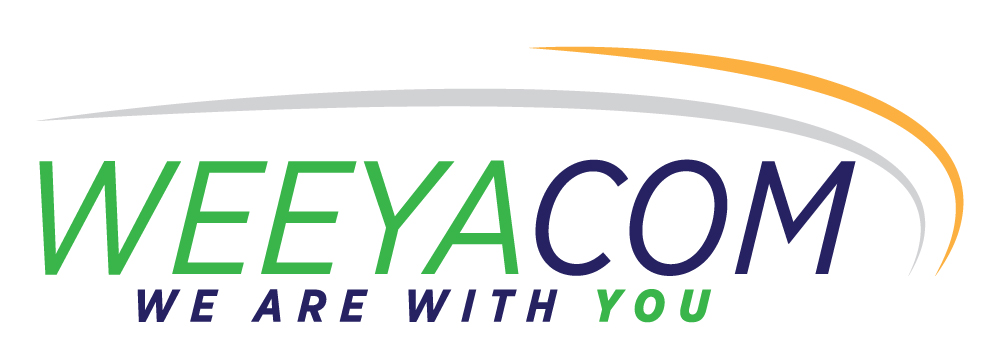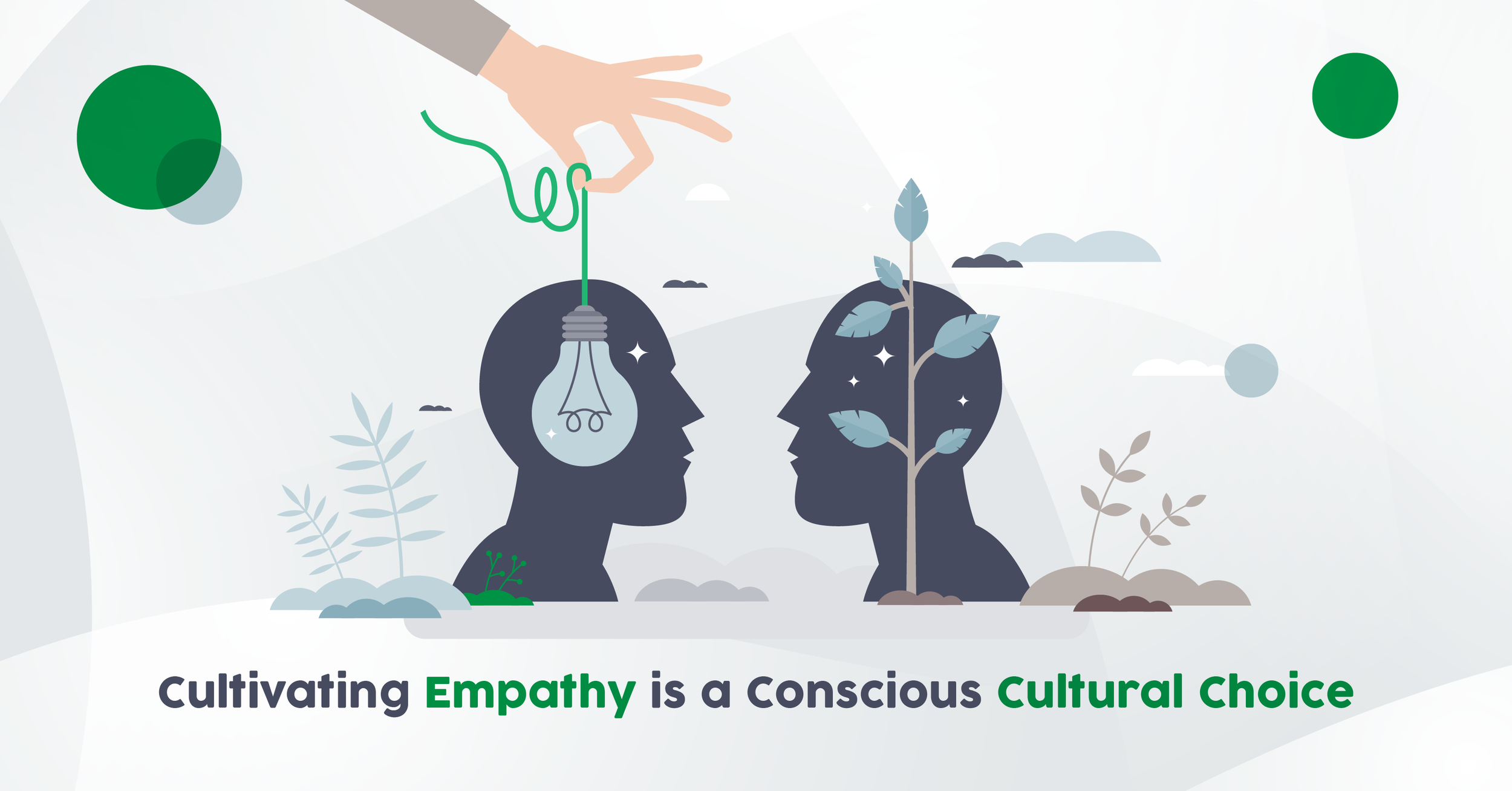By Ami Henson
In our previous blog, we spoke about the need for empathy in the monitoring, evaluation, and learning (MEL) sector, and how Weeyacom embeds empathy into every facet of our operations.
From the informants we engage to how we gather data from them, how we evaluate and report on that, and how we craft reports to partners and donors, we use empathy at every step. We don’t just use it in considering our data subjects, but also the ultimate recipients of the solutions we develop to ensure we are meeting the needs of all of the stakeholders and delivering results that are useful and constructive.
Applying an empathic and human-centric approach in our work is not possible if we do not apply it within our organization. For us to truly be empathic in the approaches we co-design with our clients, it has to be an integral part of who we are.
This doesn’t happen by accident. Cultivating an empathic culture is a deliberate choice that organizations and their leaders need to make. Empathy needs to be a priority. And it starts with actions. Now, more than ever requires effective workplace engagement. In this report, we examined the literature and recommendations for more successful return to the workplace, especially among equity deserving groups.
Here are five key actions we use to drive empathy in Weeyacom.
Be authentic - Being authentic is key. As a leader, you need to be open, and honest with your teams about who you are, good and bad. That includes admitting and owning your mistakes. Doing this gives everyone else in your organization the freedom to do the same without fear of recrimination. It’s more constructive for everyone if people admit their mistakes immediately and work together to find solutions than if they hide them out of fear.
Being authentic also means admitting when you are feeling overwhelmed, afraid, unsure, or if the business is facing challenges. Be open about these, acknowledge the situation and where responsibility lies (without laying blame), and take steps to rectify the situation as constructively as possible.
Check-in - Check-in with your colleagues daily. But don’t just check in - check-in and actively listen to what they say and respond to them in a way that shows you are present and engaged. Listen both actively and reflectively - paraphrase and repeat back what they say and withhold judgment and advice in your responses.
Listen widely - Listening means many things but as a leader, driving empathy from the top-down means listening to all of the voices in your organization and making sure all of them are heard, not just the loudest ones. Actively seek out opportunities to let your team members lead initiatives or chair meetings, irrespective of their seniority levels. Get to know the people in your business and what their hopes and dreams are. What do they aspire to? Be interested in them as human beings, not just parts of your team.
Engage - Engaging means looking beyond your organization to the people in the wider MEL and development world and looking at where you can be a resource for the donors and partners you work with. Get to know the populations you engage on the ground as people, not just informants delivering data or a PR opportunity.
Act in good faith - beyond acting with integrity, this also relates to how you handle conflict. Simply put, if you are stressed and angry and being argumentative about something, I need to make a conscious effort to understand why you are behaving that way, rather than just snapping back at you. By asking you open-ended, genuine questions I can get to the source of your distress and validate your feelings and opinions, even if I disagree with them. This defuses the situation and enables everyone to handle the disagreement calmly and respectfully. By acting in good faith - and assuming there is a reason for your actions (or vice versa) - we create an environment where people ask questions first, rather than judging and criticizing.
Like everything else, empathy takes ongoing effort and practice. By consciously choosing to act with empathy in everything you do, and everything your business does, you will develop a culture where people feel supported, and where they will thrive. It will also spill over into your relationships with suppliers, customers, and the broader industry you work in - for the better.

